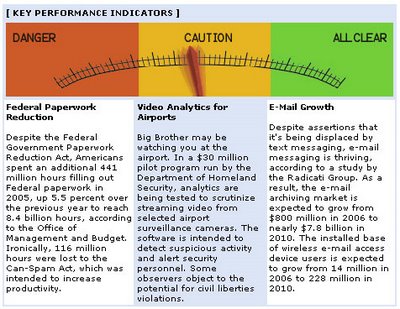Q&A: Go back to paper ballots, says e-voting expert
September 25, 2006Can you talk about that original study you made of Diebold's AccuVote TS machine code? The software in the AccuVote TS machine was really bad. One comment I made at the time was that if a student had turned in a program like that, he'd have gotten an F. It had outdated encryption, which was used in [the] wrong places and in the wrong mode of operation. The list goes on and on. Some [glitches] are comical. Diebold said they have a new system that fixes them, but I have no way to find out.
Source: http://www.computerworld.com/

